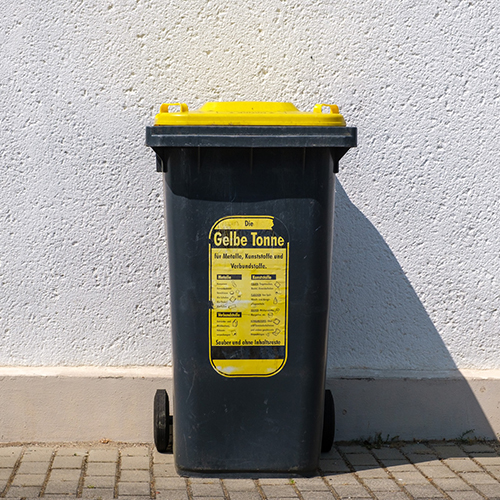
Europa erkennt endlich die Bedeutung der Kreislaufwirtschaft für den Klimaschutz
BRAND STORYLernt Kollege Computer denken?
Weiterlesen

Europa erkennt endlich die Bedeutung der Kreislaufwirtschaft für den Klimaschutz
BRAND STORYAuf Nummer sicher
Weiterlesen

Europa erkennt endlich die Bedeutung der Kreislaufwirtschaft für den Klimaschutz
BRAND STORYUmweltbildung ist ein Thema für Groß und Klein!
Weiterlesen

Menschen & Verantwortung
18. April 2024
Der Medienhype um das Thema KI ist groß. Es vergeht kaum ein Tag, an dem nicht ...

Public Services
17. April 2024
Der batterieelektrische Mercedes-Benz eActros 600 geht in den Kundentest. Die ersten beiden Erprobungsfahrzeuge des im vergangenen ...

Recycling
10. April 2024
Abfalltrennung ist nicht immer einfach. Wer hat sich nicht schon einmal gefragt, ob die soeben geleerte ...
Newsletter
Melden Sie sich ganz unkompliziert zu unserem Newsletter REMONDIS AKTUELL mit Informationen zu Leistungen, Produkten und vielen weiteren Infos an.

Public Services
26. März 2024
Per App anmelden, Slot buchen, zum Wertstoffhof fahren, Tor mittels Bluetooth öffnen, selbst die Wertstoffe abgeben ...

Industrieservices
26. März 2024
Ein Optimum an Sicherheit und Gesundheit zu schaffen, ist eine herausfordernde Aufgabe. Das gilt besonders für ...

Recycling
25. März 2024
Seit dem 25. März 2024 kooperiert EKO-PUNKT, das Duale System von REMONDIS, mit der Markant Gruppe, ...

Industrieservices
21. März 2024
„Medizinische Einmalgebrauchsprodukte in der Kreislaufwirtschaft“ (MEiK) ist das Forschungsfeld eines Konsortiums aus fünf Unternehmen und zwei ...

